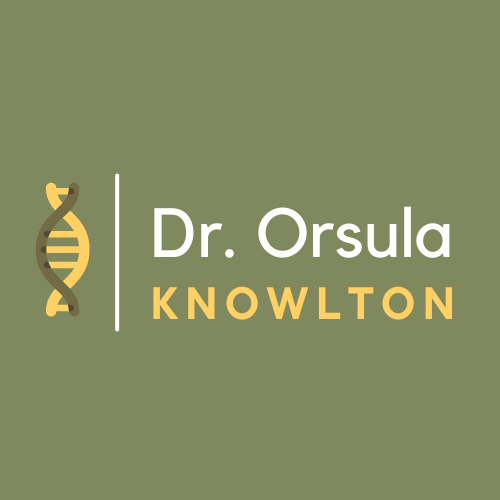Access to quality healthcare is a fundamental right, yet many underserved communities face significant health disparities due to various factors, including limited access to healthcare facilities, socioeconomic challenges, and cultural barriers. Addressing these disparities requires a comprehensive approach that includes pharmaceutical care services.
1. Improving Medication Adherence
One of the primary focuses of pharmaceutical care services is to enhance medication adherence. Underserved communities often face challenges in accessing and affording medications, which can lead to inconsistent or improper use. Pharmaceutical care services bridge this gap by providing education and counseling to patients, ensuring they understand the importance of medication adherence and how to take their medications properly. By improving adherence rates, these services contribute to better health outcomes and reduce health disparities.
2. Culturally Competent Care
Cultural competence is vital in healthcare, especially in underserved communities where cultural beliefs and practices may influence health-seeking behaviors. Pharmaceutical care services aim to provide culturally sensitive care by understanding the unique needs and preferences of diverse populations. This includes considering cultural beliefs around medication, tailoring treatment plans to individual patients, and providing language-appropriate educational materials. By offering culturally competent care, pharmaceutical care services can establish trust and enhance patient engagement, leading to better health outcomes.
3. Medication Therapy Management
Underserved communities often have a higher burden of chronic diseases, such as diabetes, hypertension, and asthma. Pharmaceutical care services play a crucial role in managing these conditions through medication therapy management (MTM). MTM involves a comprehensive review of a patient’s medications, identification of potential drug interactions or adverse effects, and personalized interventions to optimize therapy. By providing MTM services, pharmacists can help patients understand their medications better, address medication-related issues, and improve overall disease management.
4. Collaborative Care
Pharmaceutical care services promote collaborative care models that involve healthcare providers, including pharmacists, physicians, nurses, and other members of the healthcare team. In underserved communities, where access to primary care may be limited, pharmacists can step in to fill the gap and provide essential healthcare services. By working collaboratively with other providers, pharmacists can offer medication counseling, monitor patients’ progress, and make necessary adjustments to treatment plans. This collaborative approach ensures that patients receive comprehensive care and are supported in managing their health conditions effectively.
5. Health Education and Prevention
Health education and prevention are key components of pharmaceutical care services. In underserved communities, there may be limited resources or awareness about preventive measures, leading to a higher prevalence of preventable diseases. Pharmaceutical care services can help bridge this gap by providing health education initiatives, and promoting screenings, immunizations, and other preventive measures. By focusing on prevention and early intervention, pharmaceutical care services can contribute to reducing health disparities and improving long-term health outcomes.
6. Advocacy and Community Engagement
Pharmaceutical care services also play a vital role in advocating for underserved communities and addressing systemic barriers to healthcare access. Pharmacists can engage with community organizations, policymakers, and advocacy groups to raise awareness about health disparities, promote health equity, and influence policies that improve access to care. By actively participating in community engagement activities, pharmacists can become advocates for change and drive initiatives that address the unique healthcare needs of underserved communities.
Pharmaceutical care services have the potential to make a significant impact in addressing health disparities in underserved communities. It is crucial to recognize the importance of these services and support their integration into healthcare systems to ensure equitable access to quality care for all individuals, regardless of their socioeconomic status or geographic location. Together, we can strive for a future where everyone has equal opportunities for optimal health and well-being.

